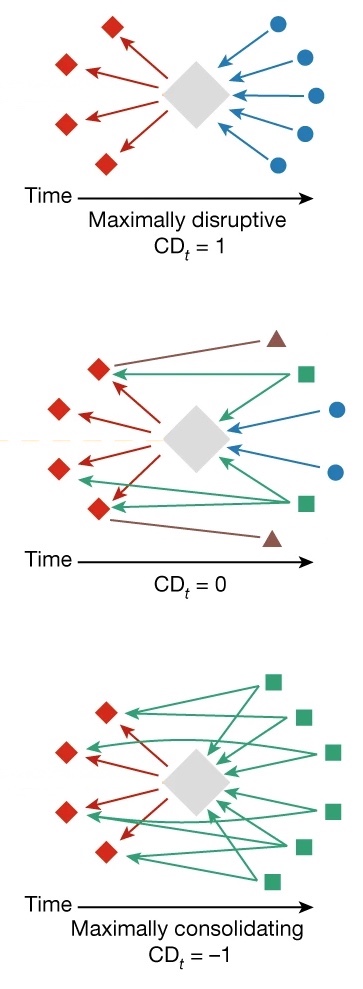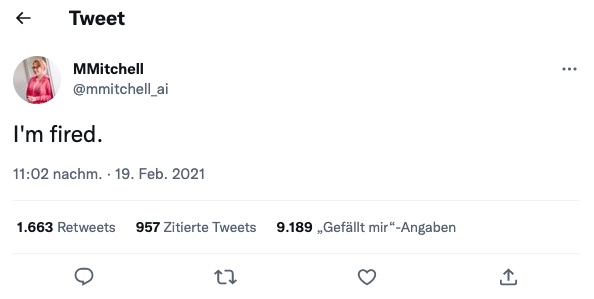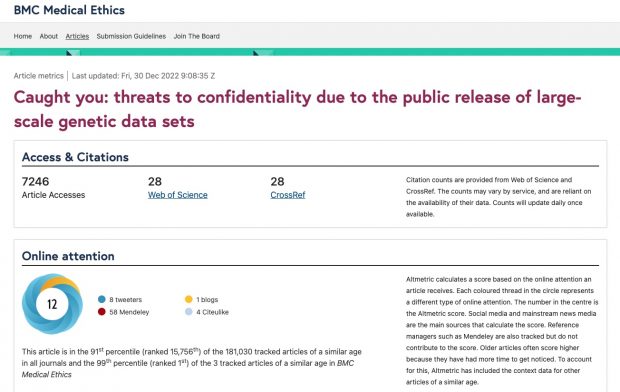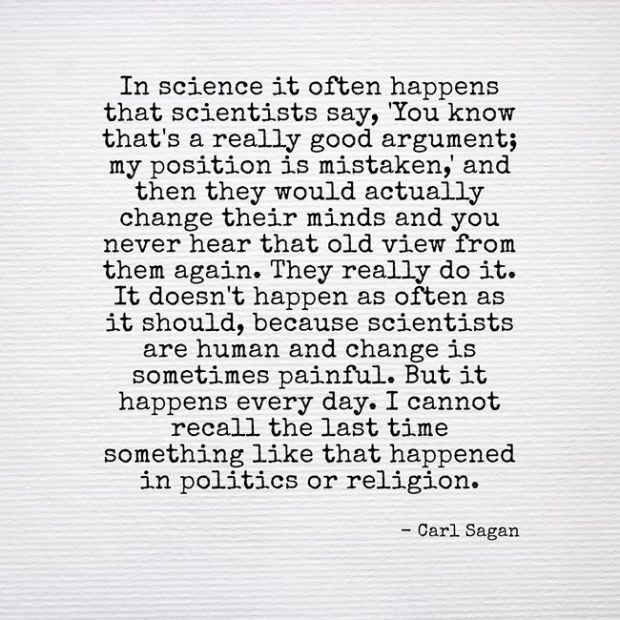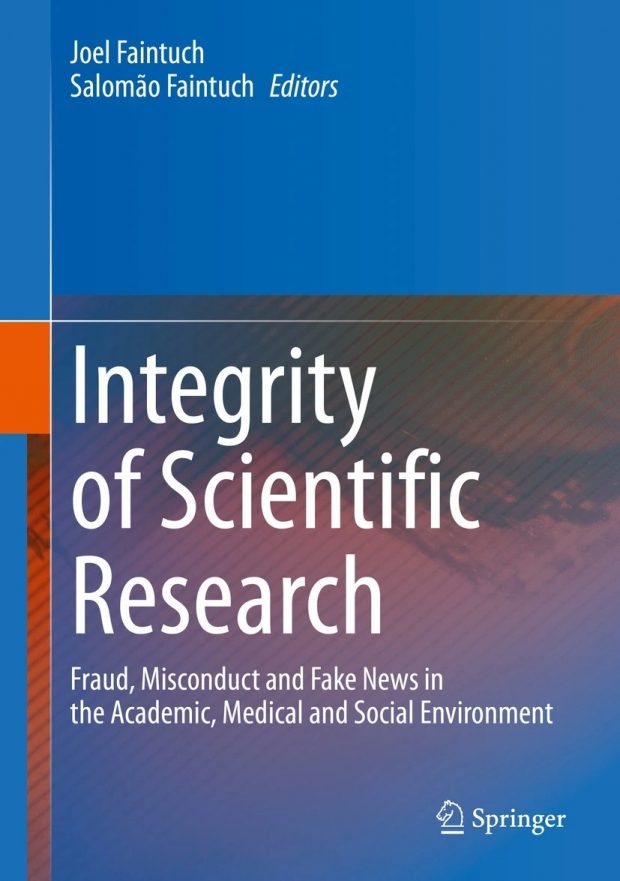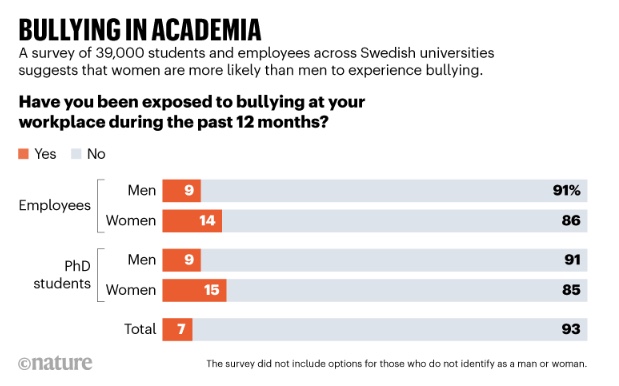Ein schon älterer Essay in “Forschung und Lehre” von Thomas Naumann zeigt einige Grundsätze der Wahrheitsfindung in der Wissenschaft
Ziel der Naturwissenschaften ist es, die uns umgebende Welt zu erkennen. Das heißt, Aussagen über die Wirklichkeit zu gewinnen und sie in Form von Beobachtungen und Gesetzen abzubilden. Diese Aussagen und Abbildungen bezeichnen wir als wahr, wenn sie mit der widergespiegelten Realität übereinstimmen.
Die Aussage, so Naumann, bleibt aber subjektiv und ist nicht deckungsgleich mit der objektiven materiellen Realität. Im Experiment wird die wissenschaftliche Wahrheitsaussage sprich Hypothese immer wieder überprüft. Wo dies nicht möglich ist, wird wenigsten versucht, die Beobachtung zu verifizieren (die aktuelle Replikationskrise ist deshalb auch eine Krise der Wissenschaft) wobei Hilfskriterien wie Logik und Widerspruchsfreiheit helfen können genauso wie Vorhersagen, die dann eintreffen oder auch nicht. Doch zurück zur Wahrheitsfindung bei Karl Marx, wieder nach Naumann zitiert
“Die Frage, ob dem menschlichen Denken gegenständliche Wahrheit zukomme – ist keine Frage der Theorie, sondern eine praktische Frage. In der Praxis muss der Mensch die Wahrheit … seines Denkens beweisen.” Auch Max Born, einer der Begründer der Quantentheorie, riet zu Realismus: “My advice is not to rely on abstract reason, but to decipher the secret language of Nature from Nature’s documents, the facts of experience”.
Wissenschaftler sind damit der unbedingten Ehrlichkeit und Wahrhaftigkeit verpflichtet.
Die primäre Anforderung an Politiker ist eine andere, sie sollen mit sozial verantwortlichen Entscheidungen gesellschaftliche Probleme lösen , Fortschritt ermöglichen und wo immer möglich, Krisen verhindern. “Ehrlich wärt am längsten” gilt auch hier, obwohl man Politiker im allgemeinen zugesteht, ihre Ziele nicht auf direktem Weg zu erreichen. Ihre Ziele sollten aber doch mehr am Allgemeinwohl als an ihrem privaten Nutzen orientiert sein, ansonsten wird er abgewählt. Die Washington Post hat im übrigen über 30.000 Lügen von Donald Trump gezählt.
Hannah Arendt hat 1963 einen schönen Aufsatz geschrieben “Wahrheit und Politik”
Der Gegenstand dieser Überlegungen ist ein Gemeinplatz. Niemand hat je bezweifelt, daß es um die Wahrheit in der Politik schlecht bestellt ist, niemand hat je die Wahrhaftigkeit zu den politischen Tugenden gerechnet. Lügen scheint zum Handwerk nicht nur der Demagogen, sondern auch des Politikers und sogar des Staatsmannes zu gehören.
Seit eh und je haben die Wahrheitssucher und die Wahrheitssager um das Risiko ihrer Unternehmung gewußt… Wiewohl es im Politischen zumeist die Tatsachenwahrheiten sind, die auf dem Spiel stehen, ist der Konflikt zwischen Wahrheit und Politik zuerst an der Vernunftwahrheit ausgebrochen und entdeckt worden. In den Wissenschaften ist das Gegenteil der Wahrheit der Irrtum oder die Unwissenheit.
Modern würde man also sagen – Politik und Wissenschaft ist ein Clash of Cultures. Wissenschaftspolitik ist eindeutig dem politischen und nicht dem wissenschaftlichen Lager zuzuordnen – es geht primär um Finanzierung von Hochschulen und Forschungseinrichtungen in einem undurchsichtigen Mix aus Prioritätensetzung, Bildungsauftrag, technische Weiterentwicklung und Folgenabschätzung, Wirtschaftsförderung verbunden mit dem massiven Eingriffen in die eigentlich garantierte Wissenschaftsfreiheit.
Interessant wird das Thema vor allem dann, wenn Wissenschaftler in die Wissenschaftspolitik oder sagen wir mehr allgemein, den politischen Apparat wechseln. Waren sie vorher schon verkappte Politiker? Oder gibt es da eine Phase der Adaptation und Neuorientierung die nun Lüge erlaubt? Das ist eine, wie ich finde, neue und interessante wissenschaftliche Fragestellung für Wissenschaftssoziologen. Schade, ich hätte zu gerne hier Latour befragt. In den Zettelkästen Luhmanns habe ich nur einen passenden Zettel zu dem Thema gefunden “Politik als Wissenschaft kann es nicht geben”…
Nochmal Arendt a.o.O.
Der Streit zwischen Wahrheit und Politik besteht nach wie vor, nur ist an die Stelle der Vernunftwahrheit die Tatsachenwahrheit getreten. Zwar hat es vermutlich nie eine Zeit gegeben, die so tolerant war in allen religiösen und philosophischen Fragen, aber es hat vielleicht auch kaum je eine Zeit gegeben, die Tatsachenwahrheiten, welche den Vorteilen oder Ambitionen einer der unzähligen Interessengruppen entgegenstehen, mit solchem Eifer und so großer Wirksamkeit bekämpft hat.
CC-BY-NC Science Surf
accessed 18.02.2026
